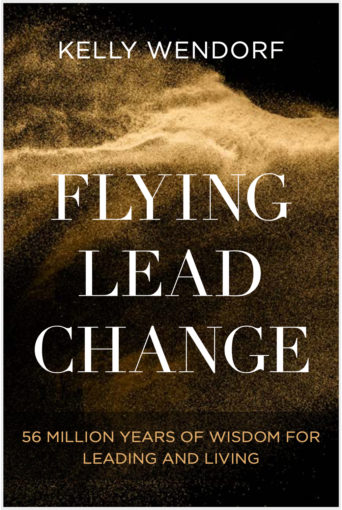Unbullied
When I was a girl I was chronically bullied. From elementary all the way through high school, kids found all kinds of reasons to target me. I was too sensitive, too awkward, too smart, not smart enough, too rich, too poor, too white, too pretty, not pretty enough, too proud, or too shy. I was also bullied by my older siblings, and my father, and my step-fathers (yes, plural). Undoubtedly, my home-life set me up to be a target at school. It took me decades to learn how such deeply embedded trauma would then inform my adult life—how it would set me up to normalize and therefore recreate being bullied by all kinds of people from bosses to business partners, husbands and even friends. It took me years of courageous focused inner work to heal and undo it all.
I feel vulnerable sharing that. But I also feel emboldened. I’ve come to see that life gives each of us important curricula that sets us up to serve others. We can be broken by it all or be broken open by it. That’s a choice. I choose the latter and am grateful to know that deeply understanding the complex and surreptitious blueprint of bullying has allowed me to arm others against it in all its forms––from C-suite executives to midwives, from teenagers to boards of non-profits.
The Russian invasion of Ukraine has re-surfaced for me this theme of the bully. When Vladimir Putin shattered the peace in Europe by unleashing war on a democracy of 44 million people, his ‘justification’ was that modern Ukraine was a constant threat and Russia could not feel “safe, develop and exist” in their shadow. This is such a bully thing to say. Bullies almost all the time claim (and astonishingly––genuinely feel) they are victimized by their targets.
Because of my background, whenever a bully enters my world I take note. What am I doing to perpetuate his existence in any form? What can I do to irradicate him? With the daily infusion of terrifying news reports, many of you are asking the same question. How can we stop this brutal force? I can only think of one powerful thing and that is to take a stand against bullying however it shows up in our lives, and to render it impotent. For Putin is merely an embodied reflection of this pervasive abuse of power that is found in virtually every home, school, workplace and government. The bully is everywhere.
If you think you are not a victim of bullying, think again. Our own culture is driven by overt and covert use of power over others in many ways––bullying––and is systematized and normalized in most of our institutions. But perhaps the most insidious form of bullying is levied by and against ourselves in an internalized form of violence. Consider all the ways you drive yourself to be something that you are not, or to feel something you don’t, or to not feel something that you do. Consider the should’s, have to’s, musts, how could you’s and why didn’t you’s that routinely narrate your mind and life. While one could argue that there are varying degrees of internal judgements and criticisms, they are all destructive and are all bullying.
The great news is that your internal environment is not only the place where you can exert the most self-agency over the bully, but I believe it’s where you have influence to ultimately take down any external dictator. If we all do our part to be unbullied in our minds, who knows what the outcome could be over time? How do we unbully ourselves? It is only when we are aware of our internal patterns that can we take healing action. Therefore first step is to make a deliberate effort to become aware of our inner world through a meditation or presence practice. Often it’s not comfortable to stop and look within because we start to see the craziness of our mind which can be unkind, frightening and critical. It can feel easier to stay distracted with technology, or wrapped up in our drama, or someone else’s drama. But awareness grants us agency.
Rather than being unconsciously run by our thoughts, we can start to see them for what they are: random waves of energy that are either life-giving or life-sucking. With awareness we can purposefully discern between the two. You can apply this very simple binary: is this thought (idea / narrative) imprisoning or liberating? If it is imprisoning, then leave it. It is neither true nor helpful. Stop spiralling down the rabbit hole of its despotism and move yourself to something else—a gratitude, a breath, a lovely scene in front of you. Move on. As my teacher once said, ‘Do not spend time in the garbage heap.’
While the war rages in Ukraine, while children die and families flee, while a marauding bully imagines himself untouchable, take a stand: stop the war in your head. Take a break and disarm the thoughts that goad you, poking and prodding your every move. Be unbullied. Take a vow of nonviolence, every moment of every day. If you must, use Putin to cement your commitment. Instead of the news rendering you hopeless or powerless, use it to ignite your practice.
May we together create a world that is unbullied—a world where we no longer normalize internal unkindness and belligerence. Where are hearts are free to experience joy, where our minds are at last emancipated from tyranny.
With thanks to Natalie Kuhn from The Class for inspiration for this essay.



